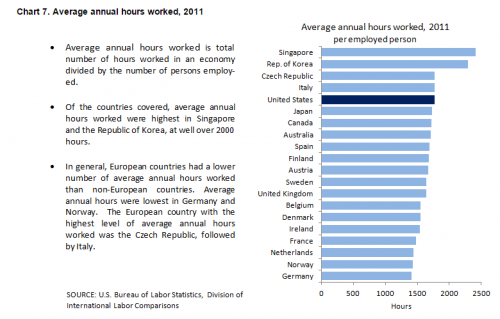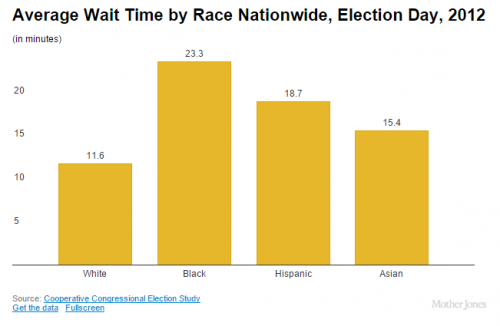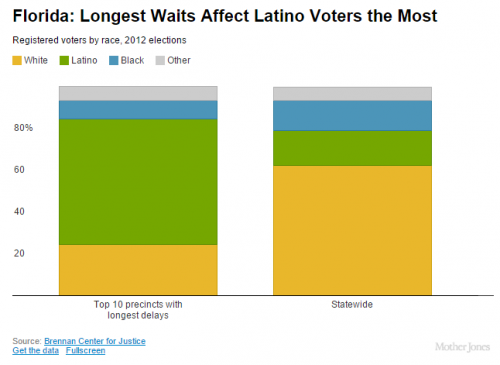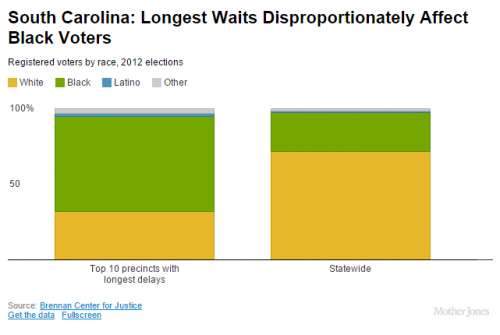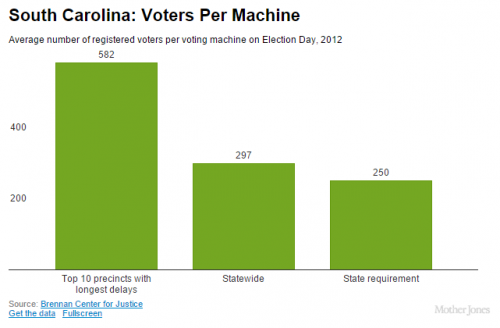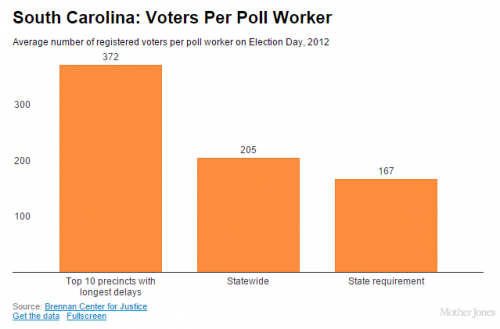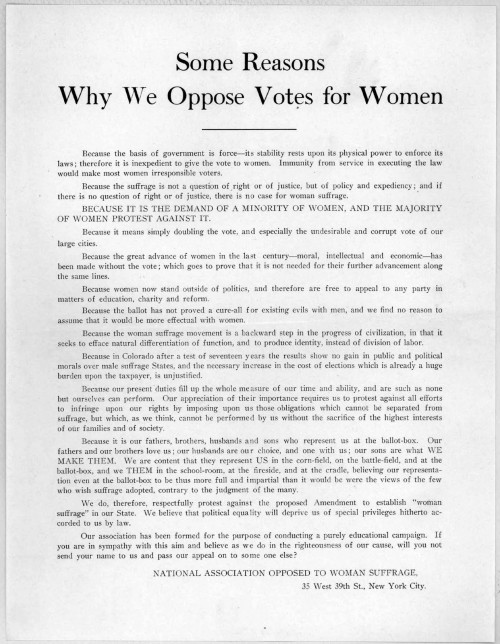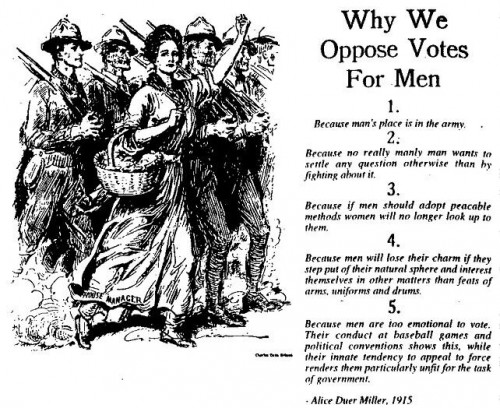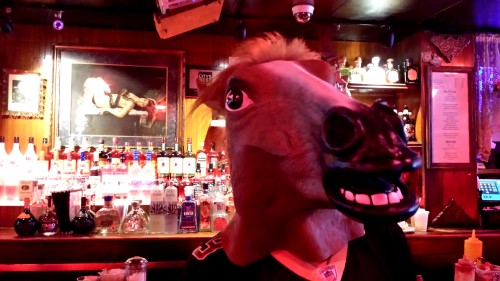Flashback Friday.
You have likely seen photographs of fetus’ that seem to float in a dark womb. The first of these were taken by Swedish photographer Lennart Nilsson. One of his photographs graced the cover of Life magazine in April of 1965.
Nilsson’s images forever changed the way that people think about pregnancy, mothers, and fetuses. Before Nilsson, the visual of a fetus independent from a mother was not widespread. His pictures made it possible for people to visualize the contents of a woman’s womb independently of her body. Suddenly, the fetus came to life. It was no longer just something inside of a woman, no longer even in relationship to a woman; it was an individual with a face, a sex, a desire to suck its thumb.
Once the fetus could be individualized, the idea that a woman and her fetus could have contrasting interests was easier to imagine. In many countries even today, the idea that helping pregnant women is helping fetuses and helping fetuses means helping pregnant women is still the dominant way of thinking about pregnancy. Pro-choice and other fetus-defenders, such as those who want it to be illegal to smoke during pregnancy, used these images to disentangle the interests of the woman and the fetus. The vulnerability of Nilsson’s subjects, free-floating in space, made it easier to portray fetuses as in danger.
There is power in visualization and its technological advance and these images were a boon to the pro-life cause. Ironically, it was abortion that made these images possible. Nilsson posed the fetuses to look alive, and gives no indication otherwise, but they are actually photographs of aborted fetuses.
Although claiming to show the living fetus, Nilsson actually photographed abortus material obtained from women who terminated their pregnancies under the liberal Swedish law. Working with dead embryos allowed Nilsson to experiment with lighting, background and positions, such as placing the thumb into the fetus’ mouth.
— Quote from the University of Cambridge’s history of the science of fetal development
Liberal abortion rights laws resulted in a product that was used to mobilize anti-abortion sentiment. Today it is par for the course to have been exposed to images like this. And the rest is history.
Originally posted in 2009.
Lisa Wade, PhD is an Associate Professor at Tulane University. She is the author of American Hookup, a book about college sexual culture; a textbook about gender; and a forthcoming introductory text: Terrible Magnificent Sociology. You can follow her on Twitter and Instagram.

